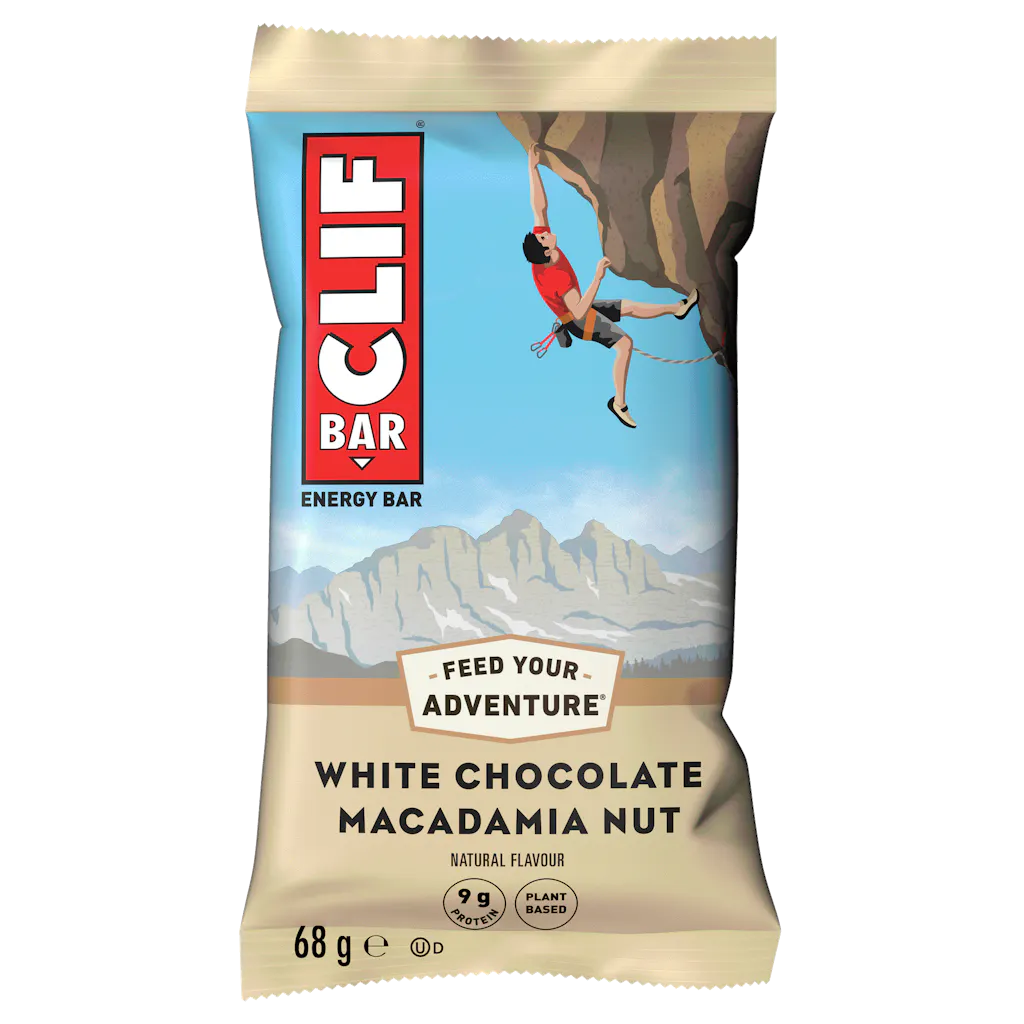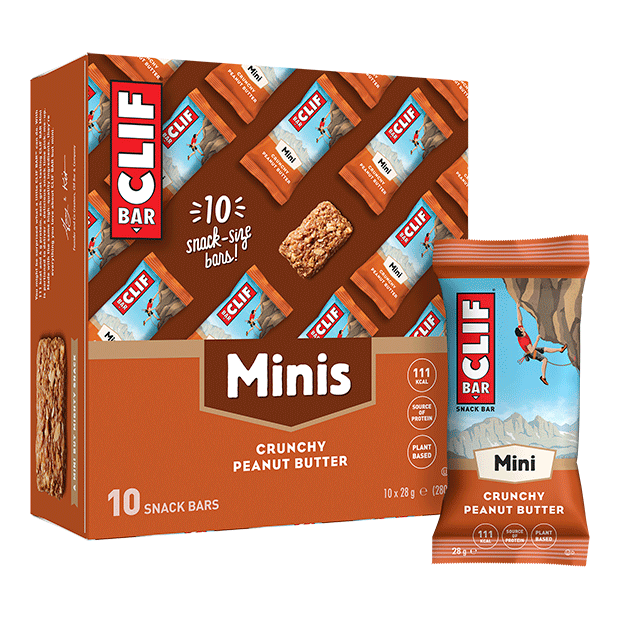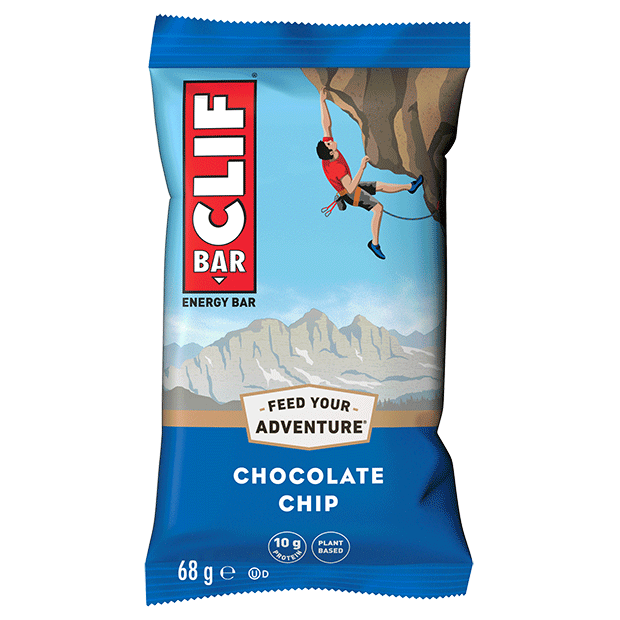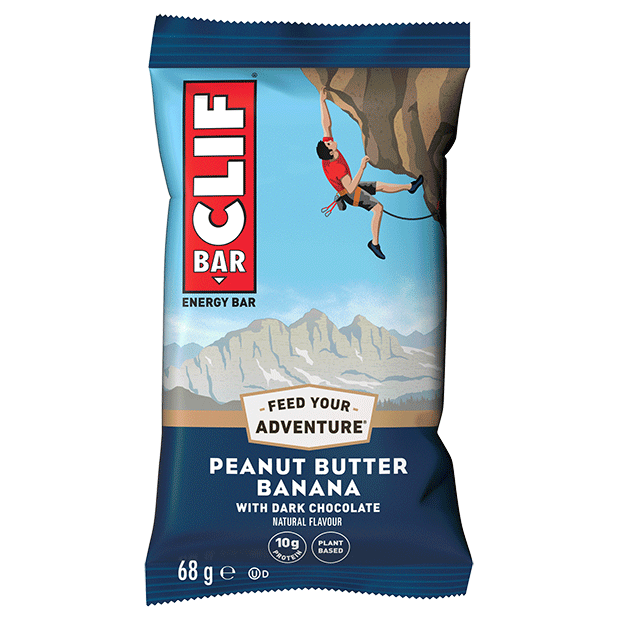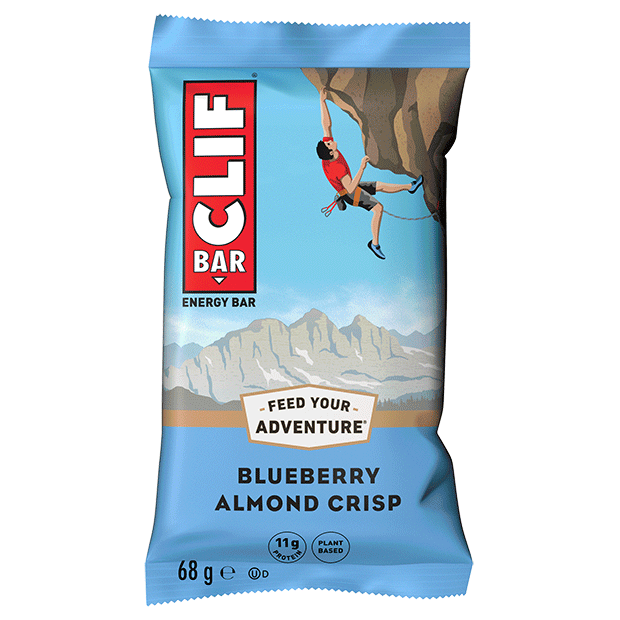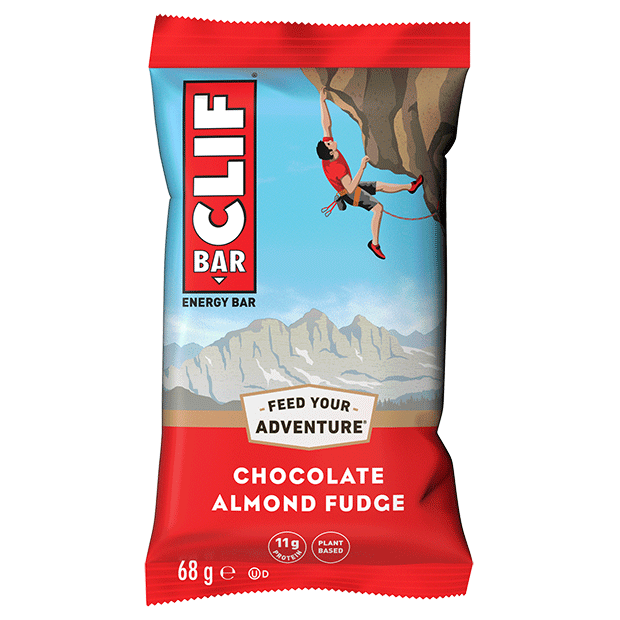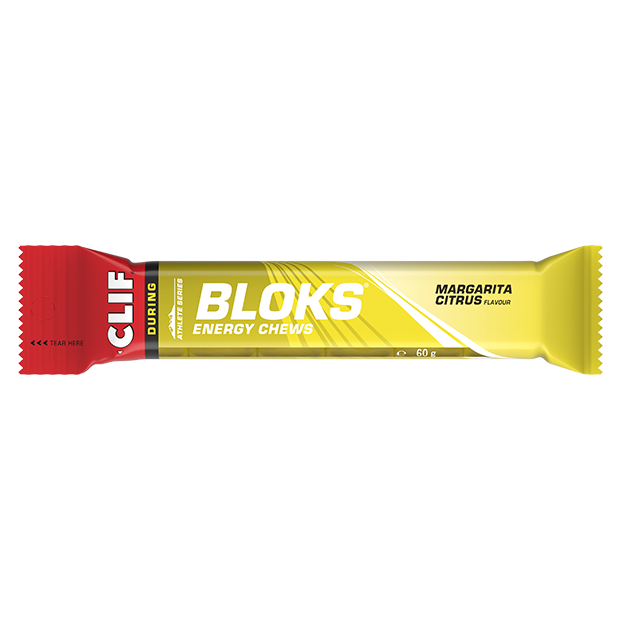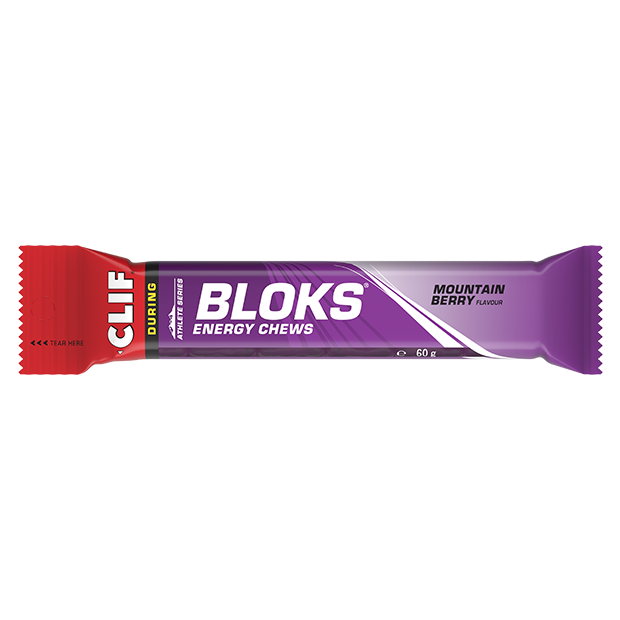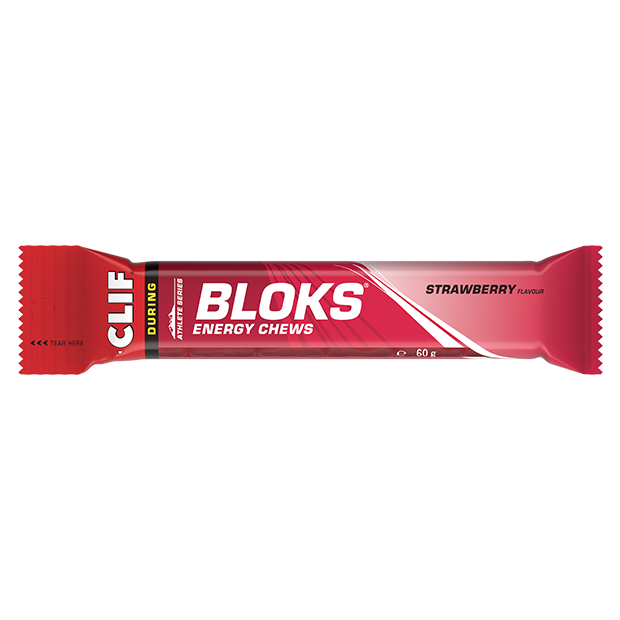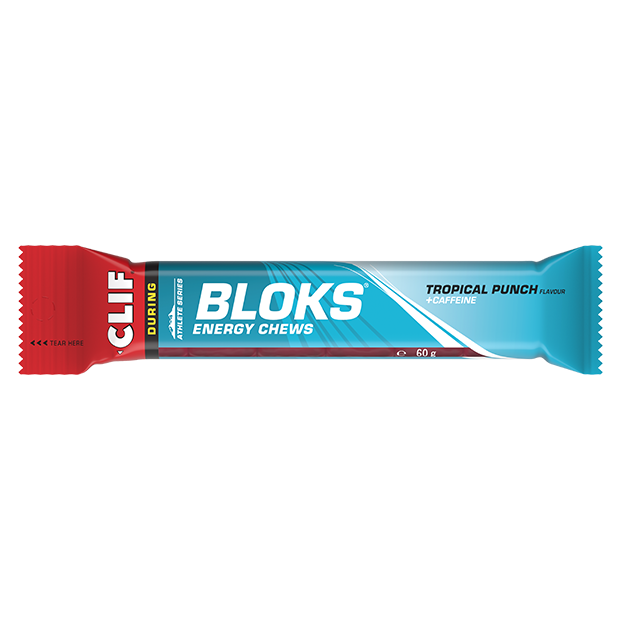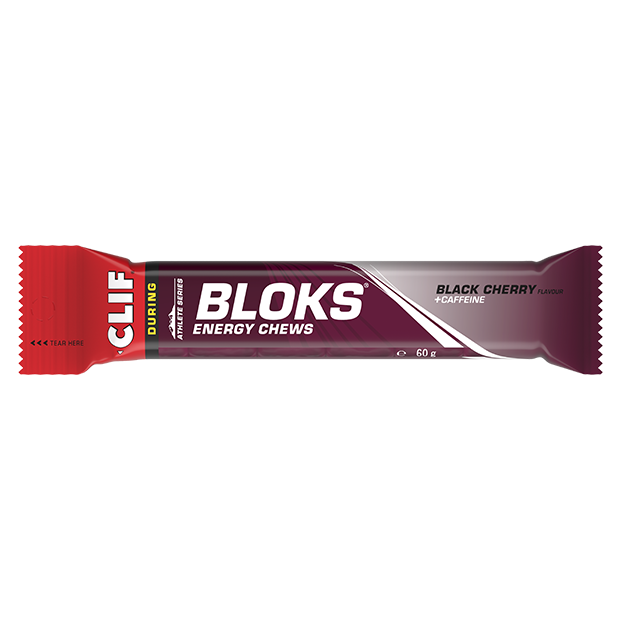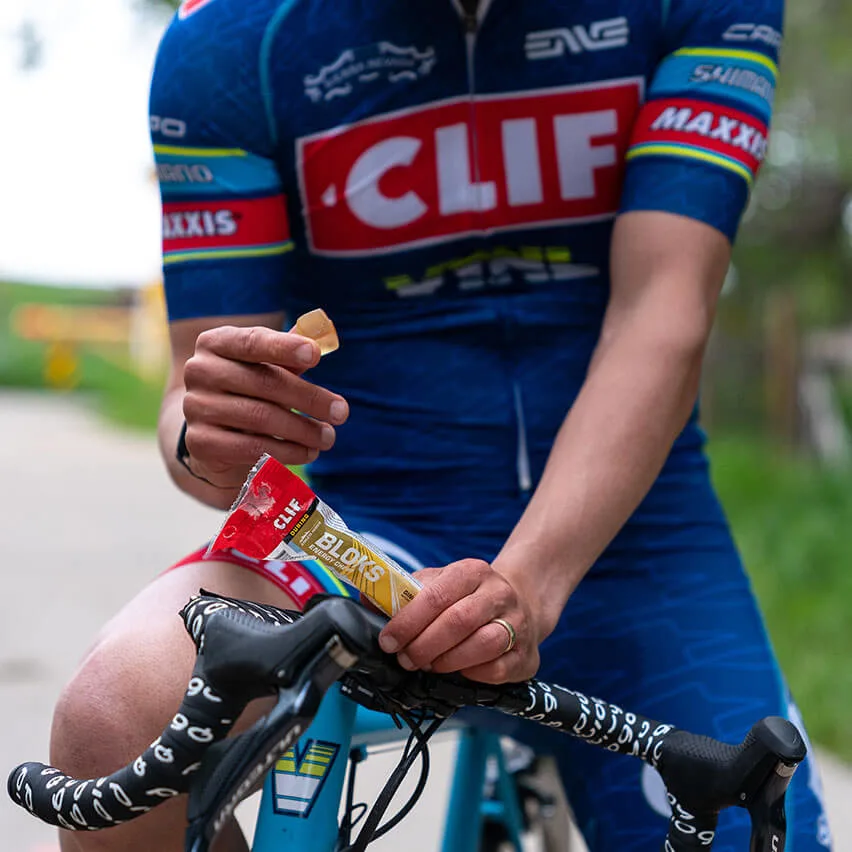The ideas and suggestions written below are provided for general educational purposes only and should not be construed as medical advice or care. The contents of this article are not intended to make health or nutrition claims about our products. Always seek advice from a doctor or other qualified professional before beginning any physical fitness or health- and nutrition-related activity.
We all know that fueling up before a run is critical for avoiding hunger and fatigue. So what should we eat? That depends on the individual, of course. But there is some science-backed guidance for creating a pre-run nutrition plan based on physiological differences, food tolerances, and personal preferences. Armed with this knowledge, you’ll stand a better chance at performing your best.
What Should I Not Eat Before Running?
Eating the wrong foods before any run can seriously hamper your performance. Everyone tolerates food differently, so it’s essential you understand which foods, spices, and ingredients irritate you, especially during activity. The best time to figure this out is during training, not race day! Make notes of what you ate and how you performed later. See any patterns?
In the hours leading up to a run, you should avoid foods high in fibre, fat, and protein. Though these nutrients are necessary throughout the day, they do slow the absorption of carbohydrates, which you’ll need for energy. Furthermore, they can cause reduced stomach emptying,1 which can cause carbs to take longer to reach your bloodstream as well as cramping and bloating during your run. Ugh.
You should also avoid any foods that have caused you even mild GI issues in the past. Common irritants include high-fibre legumes, like beans and lentils; high-fibre vegetables, like asparagus, brussels sprouts, and broccoli; foods high in saturated fat, like bacon, beef, cheese, and fried foods; and fruit high in fructose, like apples and pears.
What Are My Own Nutrition Demands?
If you don’t consume enough fuel before a run, your performance will suffer.2,3 Exactly how much calories and carbs you need, though, depends on the length and intensity of your run, as well as your weight, training regimen, and fitness level. Generally speaking, for the 24 hours prior to a run, consider 6–10 grams of carbs per kilogram of body weight (g/kg).4
Should I Eat Before a Short or Easy Run?
If you’re eating enough calories and carbs throughout the day, you should have enough glycogen stores in your muscles to get through short, high-intensity runs of around 30 minutes, or sprints with plenty of rest in between. Your body will burn more energy and carbs as intensity increases,5 but these kinds of runs require less total energy than longer, endurance-type activity.
If it’s been a while since you last ate, however, a quick snack would be a good choice. An hour or two before running, eat something packed with easily digestible carbs but low in protein, fat, and fibre. Some suggestions include a slice of toast with hummus; porridge with dried fruit and plant-based milk; a smoothie with yoghurt, berries, and 100% fruit juice; or a CLIF BAR energy bar.
For quick, low-intensity runs under 30 minutes, you needn’t worry too much about your pre-fueling habits as long as you avoid those common irritants mentioned above. That said, you’ll want to schedule your regular meals around your exercise to ensure you’ve got the energy to move.
What About Eating Before a Long Run?
Here’s where pre-run nutrition matters. You’re going to need lots more energy for runs lasting more than an hour. The goal is to increase your glycogen stores and provide glucose to energise your body while avoiding hunger.3 Aim to consume 1–4 g/kg of carbohydrates 1–4 hours before running.3 Consider a meal 3–4 hours prior for roughly 3 g/kg of carbs and then top up with a snack near race time for the remaining 1 g/kg.
Some Pre-Run Meal Ideas
These small meals can be eaten 3–4 hours before you run.
- Granola with plant-based milk topped with nuts, seeds, and banana
- Wholewheat pancakes with maple syrup, berries, and nut butter
- Brown-rice bowl with peppers, carrots, and a small grilled chicken breast in a plum sauce
- Bananas with peanut butter and a glass of low-fat milk or soy milk
And for the Pre-Run Snack...
During the 1–2 hours before running, eat a carbohydrate-based snack. Just before race time, try an easily digestible and fast-acting simple carbohydrate, such as CLIF BLOKS Energy Chews, which also come in a variety of sodium levels to suit your needs.
What to Eat Before a Morning Run
Your evening dinner can affect the performance of your run the following morning. So, just like with a pre-workout meal and snacks, consider eating familiar foods you trust and that provide enough carbs without too much fat, protein, or fibre.
Note that your glycogen stores get depleted while you sleep, so it’s crucial you restore them the following morning. It could be difficult to eat and digest a full, carb-packed breakfast before running. Instead, research shows that 30 grams of easily digestible carbohydrates in the form of food or fluids, consumed 5–15 minutes before exercise, is a good option.3 That’s three CLIF BLOKS Energy Chews, which would provide around 25 grams of fast-acting carbohydrates and can be a great option for morning runs lasting over an hour.
If you do have time to eat and digest a quick bite before your morning run, overnight oats or microwave porridge will do nicely. Here’s one of our favourite recipes:
Ingredients:
- Quick-cook oats
- Milk (dairy or non-dairy)
- Chia seeds
- Maple syrup or honey
- Berries or dried fruit
- Nut butter
Overnight oats: Mix all the ingredients and let sit in the fridge overnight.
Microwave Oats: Mix milk, oats, and seeds in a bowl and microwave for one minute. Stir and microwave for 30 seconds more until you’ve reached the desired consistency. Top with the sweetener, fruit, and nut butter.
Ready to Optimise Your Nutrition?
Nutrition for training and racing is highly individualised. The meal and snack suggestions in this article are examples that have worked well for some runners, but just because a meal benefits one runner, it doesn’t mean it will work for all!
In other words, experiment with your pre-run meals until you find something that works. But don’t let one bad reaction dissuade you from eating before runs altogether. You’ll get there in the end, and once you do, you’ll have an arsenal of foods ready to optimise your performance.
References
- Jeukendrup A. Training the Gut for Athletes. Sports Med, 2017. 47(1); 101-110.
- Jeukendrup, A. E. Nutrition for endurance sports: marathon, triathlon, and road cycling." J Sports Sci 29 Suppl 1: S91-99, 2011.
- Karpinski C, Rosenbloom C. Sports Nutrition: A Handbook for Professionals, 6th Edition. Academy of Nutrition and Dietetics, 2017. Pages
- Beck K et al. Role of Nutrition in Performance Enhancement and Postexercise Recovery. Sports Med, 2015. 6:259-267.
- Smith J et al. Curvilinear dose-response relationship of carbohydrate (0-120 g.h−1) and performance. Med Sci Sports Exerc, 2013. 45: 336-341.
